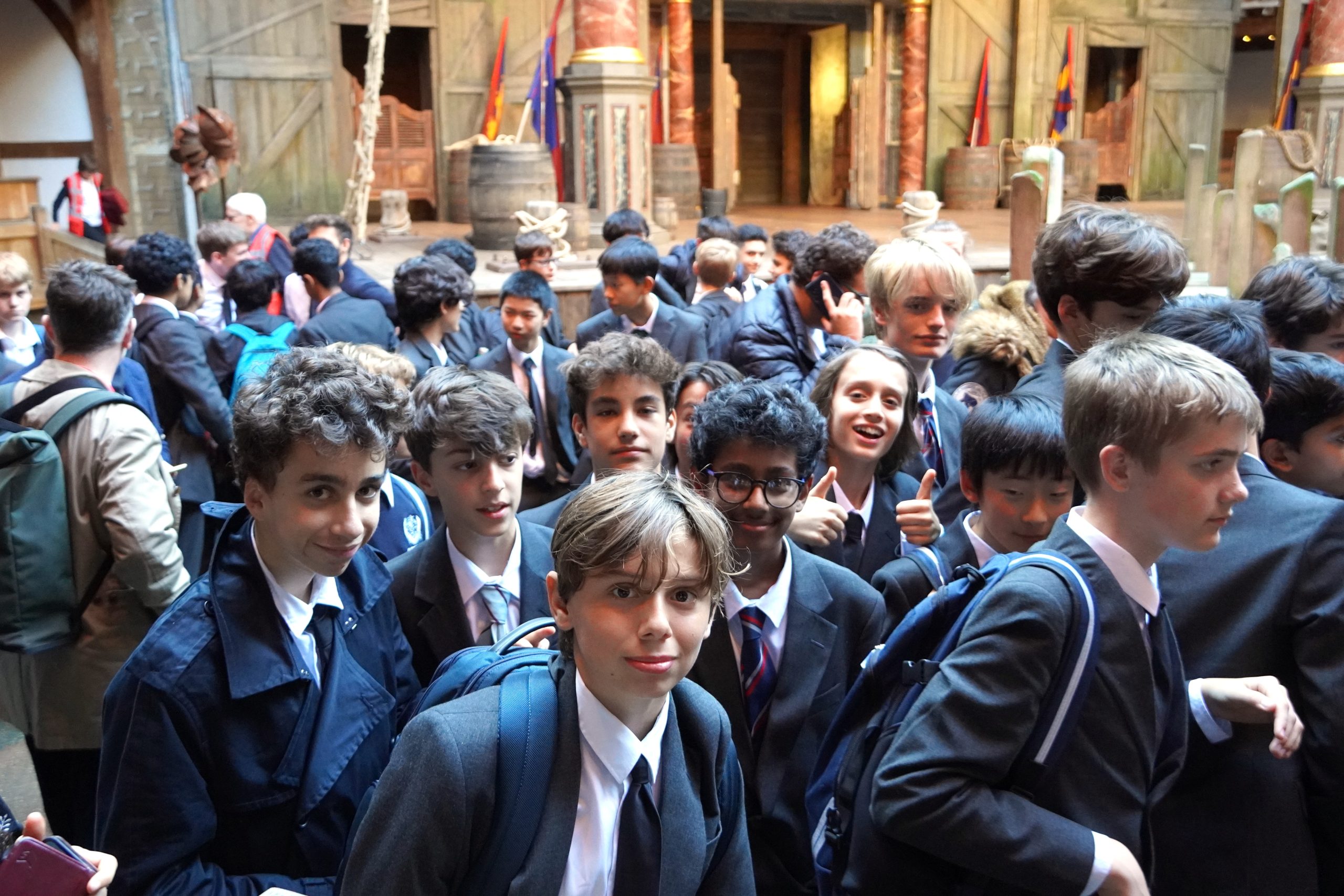Alongside all of the sport, the arts, society talks and expeditions that sit outside of the school day, pupils in the Lower School and Upper School also have timetabled co-curricular commitments, which are worked into the week around lessons and are designed to complement the curriculum. These provide pupils with new and different opportunities to engage with less familiar concepts, with one another and with the world around them. Read below for further information.
Lower School
Pupils in Years 9 and 10 benefit from two or more, timetabled co-curricular activities, after School on Mondays, Wednesdays and Fridays, as part of the Lower School Activities (LSA) programme. There are over 30 different classes and workshops available to them, run by a combination of teaching staff and outside specialists. Pupils may choose the same activities throughout the year, or switch to new ones each term. Included are academic, sports and musical activities, alongside such diverse pursuits as bookbinding, carpentry, robotics, board games, mythology and the Duke of Edinburgh Award Scheme.
As part of LSA programme, Year 9 pupils attend compulsory PE lessons, which see them experiencing fitness tests, team sports, and education on nutrition and fitness. Many will also choose at least one sports-based LSA in their Lower School career in addition to their Station commitments.
In addition, pupils in Year 9 take part in the School’s annual Fifth Form Arts Festival, almost an entire week dedicated to the celebration of music, art, and drama. Each year pupils delve into a new theme, from Greek mythology to Shakespeare’s tragedies, via workshops and rehearsals given by visiting professionals and trips to galleries. This collaborative co-curricular event culminates in a final performance and exhibition for parents and peers.

